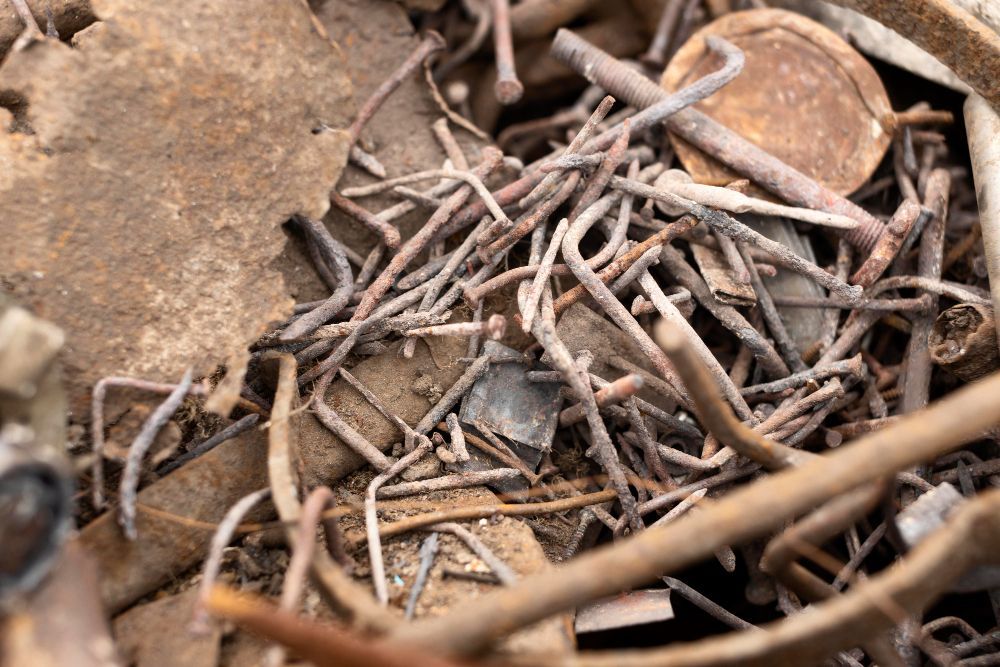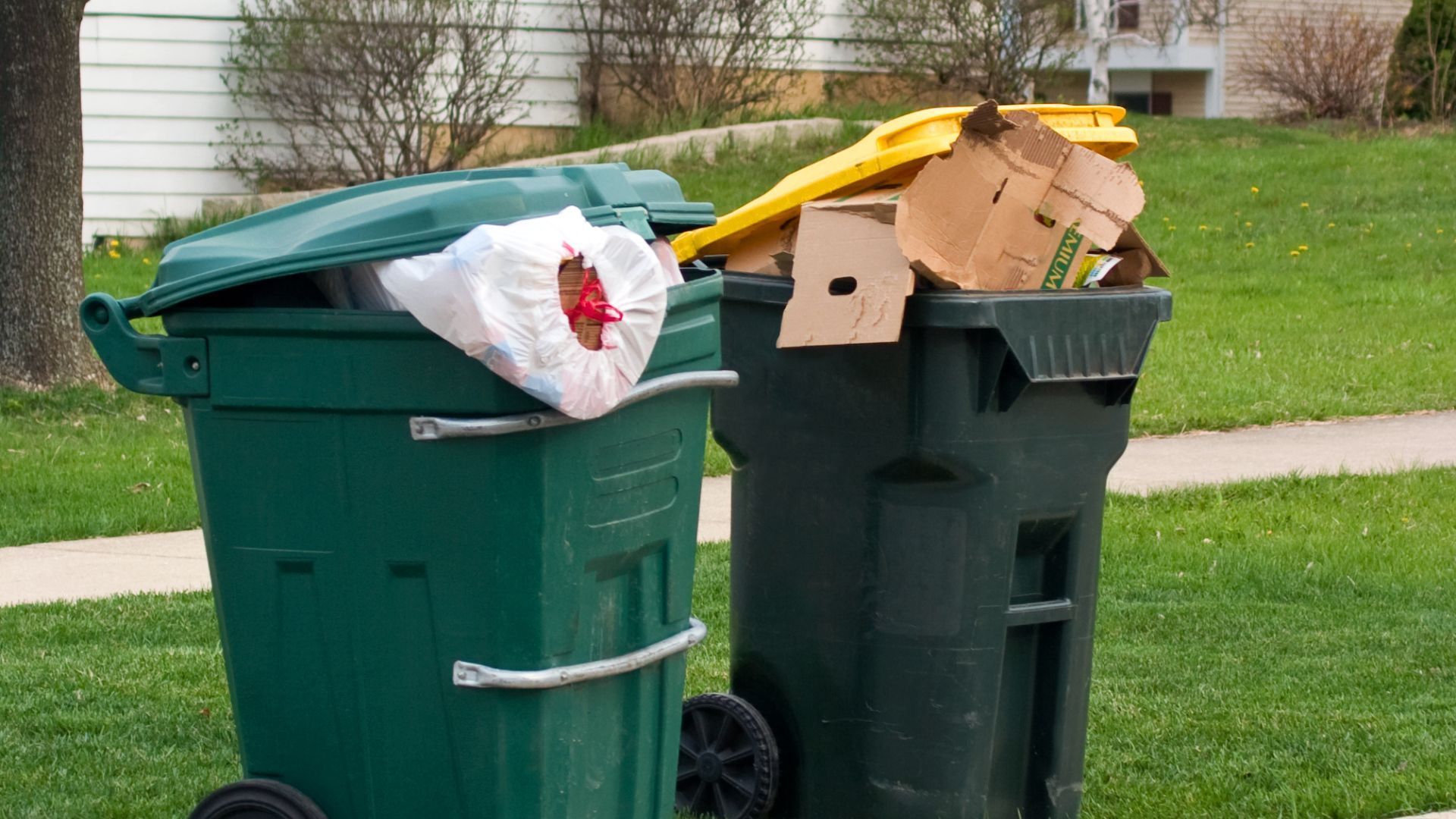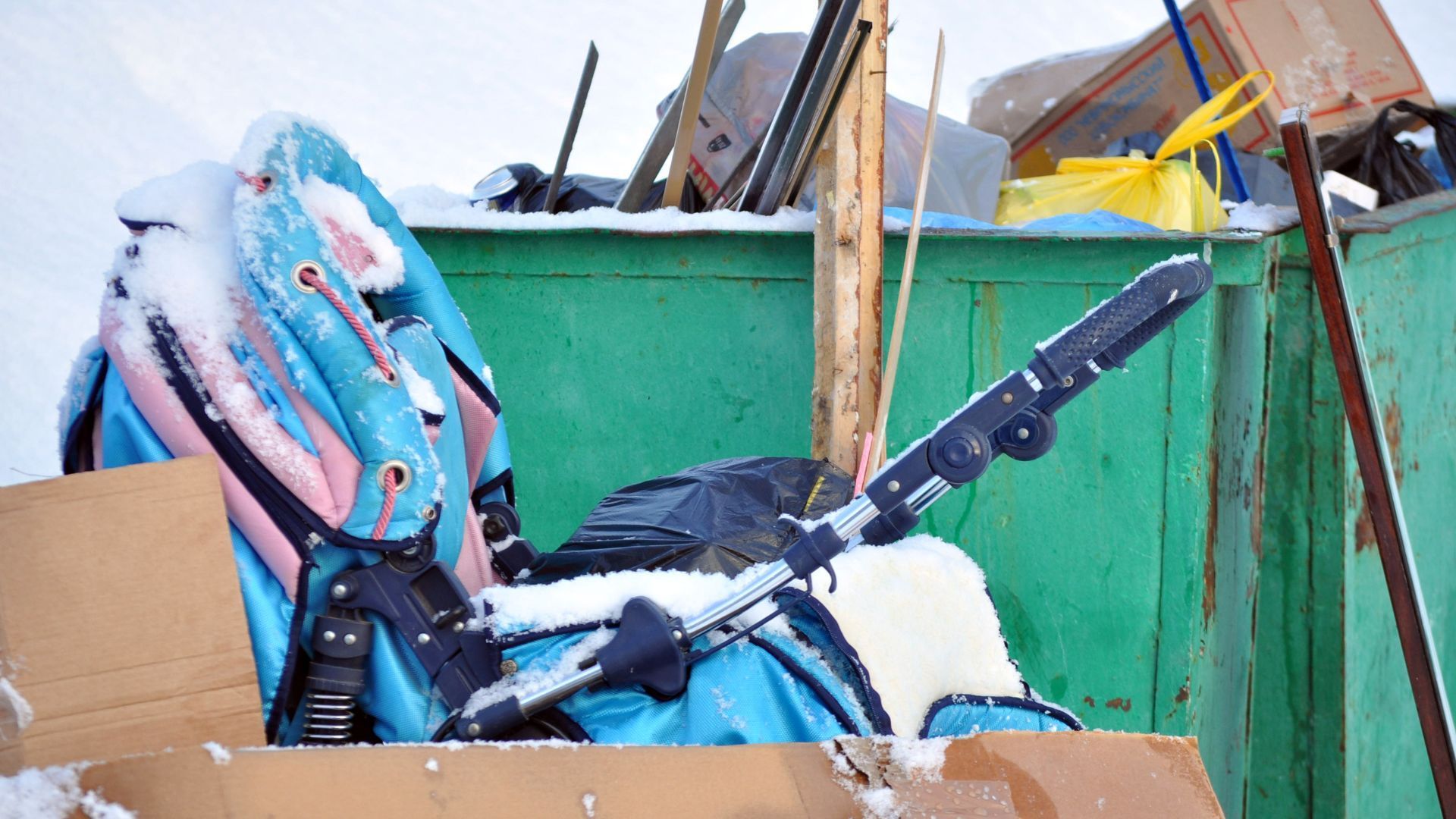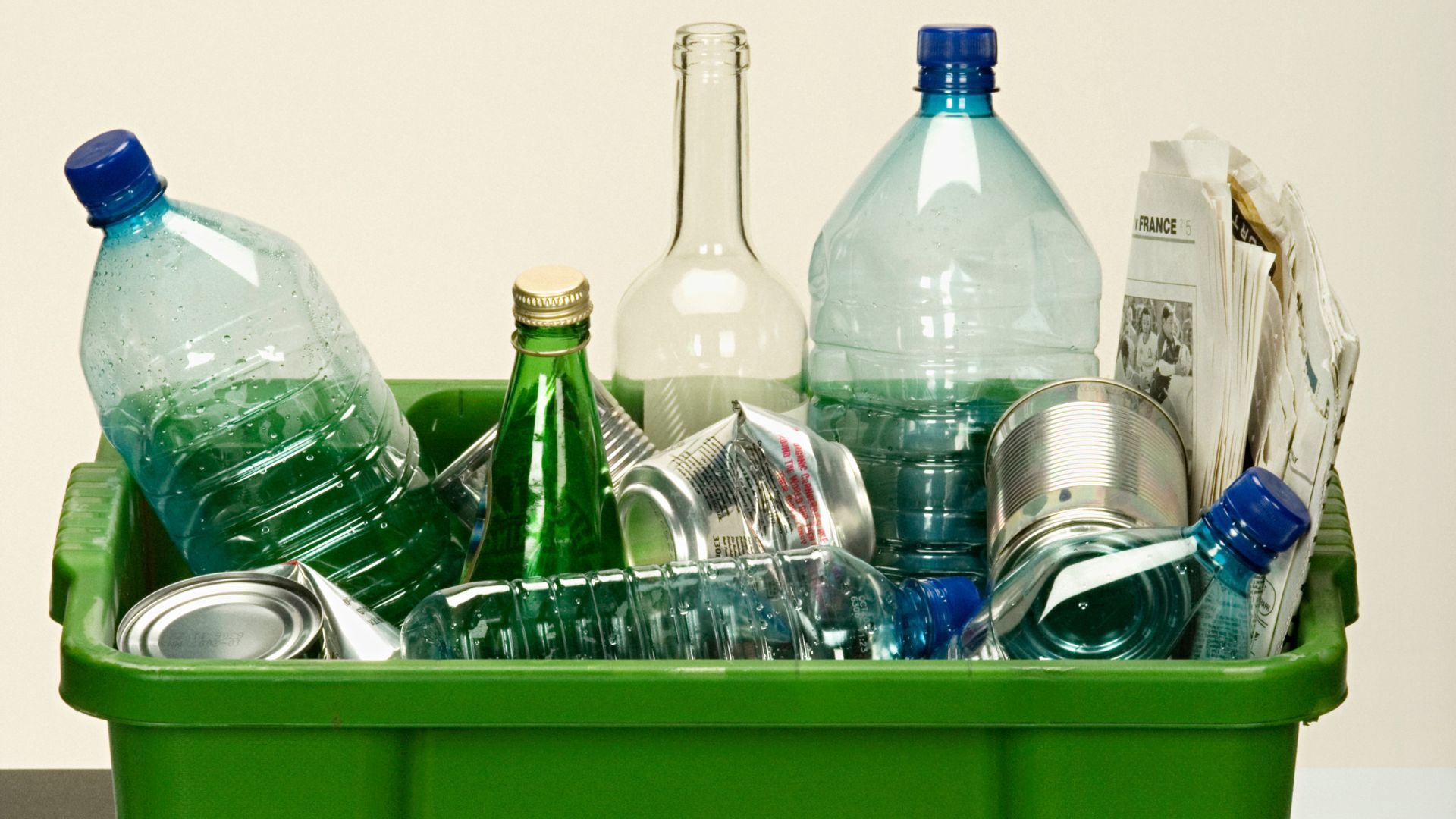Why Scrap Metal Recycling Augusta Supports Sustainability
In Augusta, GA, where southern charm meets industrial innovation, a quiet but powerful revolution is taking place—one that doesn’t begin in boardrooms or ballot boxes, but in backyards, workshops, and curbside collections. Scrap metal, often seen as the rusted remnants of forgotten projects or broken appliances, is emerging as a linchpin in the city’s journey toward sustainability. This isn’t just about waste management; it’s about redefining the value of what we throw away and recognizing the potential each discarded piece of metal holds.
As the planet faces mounting environmental challenges, communities like Augusta are leaning into solutions that work on both local and global scales. Scrap metal recycling stands out not only for its ecological benefits but also for its ability to invigorate local economies and reduce environmental burdens. It is an act of stewardship—a reminder that sustainability doesn’t always require sweeping change. Sometimes, it starts with a pile of scrap and a conscious choice.
Reinventing Waste: The Environmental Power of Scrap Metal Recycling
In Augusta’s vibrant landscape, every discarded metal piece—be it a rusting bed frame or a bent pipe—carries potential for reinvention. When scrap metal enters the recycling stream instead of languishing in landfills, it begins a transformative journey. This reclaiming of materials does more than clear space; it curbs environmental degradation, significantly reduces energy usage, and lowers greenhouse gas emissions. Forgoing the extraction and processing of virgin ores preserves natural resources and diminishes mining’s ecological footprint.
The process of recycling also fosters a stronger symbiosis between Augusta’s citizens and its natural surroundings. By repurposing discarded metal, local recycling operations reduce environmental stressors such as leachate leakage from old appliances. Simultaneously, residents gain an active role in a circular economy that honors responsible consumption. Their physical actions—bagging, dropping off, or scheduling pickups—translate into tangible resource savings..
Maximizing Material Value Through Smart Infrastructure
Augusta benefits immensely from logistics systems designed to retrieve scrap metal quickly, sort it efficiently, and turn it into new resources. Specialized routes and trained personnel work side-by-side with certified recycling centers. At each touchpoint, materials are separated into distinct categories—steel, aluminum, copper—ensuring contamination is minimized and quality is maximized. This methodical sorting means that when materials arrive at processing plants, they’re ready for efficient melting and refining rather than reprocessed or discarded.
This operational precision doesn’t just improve recycling outcomes; it streamlines costs and curtails emissions. Recycling centers that receive clean, well-sorted metal reduce processing time and energy expenditures. Collection teams leveraging optimized routes and properly loaded trucks diminish fuel consumption across the haul. These efficiencies ripple outward, easing taxpayer burdens by helping municipalities avoid costly landfill expansions or environmental cleanup.
Enhancing Community Safety and Aesthetics
Piles of discarded metal pose more than environmental hazards—they invite safety risks. Sharp edges, unstable stacks, and rusted components pose dangers to unsuspecting homeowners, children, and animals. Removing such scrap from yards, garages, and sidewalks not only clears physical space, it restores peace of mind. Professional recycling services in Augusta ensure that this debris is dismantled, transported, and recycled with maximum regard for safety standards, protecting both individuals and communities.
Additionally, the visual transformation is poignant. Scattered heaps of metal can bring a feeling of neglect to a neighborhood. Recycling teams arriving to clear spaces, sweep areas, and haul away debris instill renewed pride and improve property appearance. This visible care fosters civic responsibility: when one resident invests in a cleaner environment, others follow. As scrap metal leaves, grace returns—alongside a revived sense of place that uplifts everyone.

Supporting Augusta’s Circular Economy and Local Jobs
Every ton of recycled metal represents not just an environmental victory but a boost to Augusta’s local economy. Scrap metal recycling creates employment across multiple stages—collection drivers, sorting personnel, logistics coordinators, recycling plant technicians. This employment pyramid enhances workforce participation and sustains families. Meanwhile, recycling plants sell processed metal to manufacturers, retaining value within the city’s economic ecosystem instead of exporting it elsewhere.
Beyond direct jobs, recycled metal fuels local enterprises, from construction companies sourcing recycled steel to artisans repurposing copper. This recirculation of materials reduces dependence on imported raw inputs and stabilizes supply chains. Significantly, when local residents choose recycling over dumping, they support these cycles. In effect, scrap metal becomes a medium of wealth creation, sustainability, and community resilience—blending economic vitality with green practicalities.
Proven Methods: Sorting, Donating, and Specialized Handling
Sorting begins at the curb and continues at facilities, but the nuances matter. Professionals distinguish recyclable metals from nonrecyclable items and hazardous parts—like lead-laden components or electronic parts needing special treatment. By ensuring correct categorization, they prevent contamination, improve recycling yield, and guarantee that problematic materials receive safe handling. Electronics integrated with metal, such as old computers or microwaves, are dismantled so each part is processed properly.
Moreover, Augusta-area recyclers often partner with donation networks. If a metal appliance—say, a fridge or stove—still works, it may be refurbished and redirected to someone in need. This reduces waste, supports low-income community members, and bolsters circularity. Through organizations such as local shelters or nonprofit programs, items gain a second life before even reaching recycling plants. This holistic approach—sorting, donating, recycling—embodies sustainable resource management at its finest.
Harnessing Innovation: Technology in Recycling
Recycling isn’t static—it evolves. Augusta’s scrap metal operations now incorporate technologies like spectrometers for metal identification, conveyor sorting systems, and digital tracking for materials. These innovations improve accuracy by reducing contamination and ensuring materials flow to optimal processing lines. They also enable traceability—clients can know their scrap’s journey and recycling rate, reinforcing accountability.
On the collection side, GPS-enabled fleets map efficient pick-up routes, reducing idling and fuel use. Some services utilize electric or hybrid trucks, decreasing emissions further. Customer apps may enable real-time tracking, notifications, and digital manifests. Together, these tech-driven adaptations create a streamlined user experience and reflect a modern commitment to sustainability—making every step cleaner, smarter, and more transparent.
Educating Augusta: Changing Mindsets Around Metal Waste
Knowing how to dispose of metal properly isn’t intuitive for every resident. That’s where education enters the picture. Recycling teams and community programs provide guidance: what qualifies as scrap, how to prepare it for pick-up, and why it matters. Workshops, flyers, social media posts, and door-to-door pickups nurture an informed public. This educational outreach multiplies impact—it spreads awareness, reduces contamination, and normalizes recycling as the default action.
Importantly, residents learn that “waste” is actually a resource. A broken metal chair gains a new identity as feedstock; copper wiring becomes valuable input. When community members see how their discarded items contribute to cleaner air, fewer dumps, and sustainable industries, they feel agency. This shift from apathy to stewardship forms the bedrock of environmental progress—inspiring lifelong eco-conscious choices across households.
Economic Resilience Through Local Recycling
Recycling’s economic benefits go beyond jobs. It cushions the local market against volatility in raw-material prices. By tapping into a stable, local source of recycled metal, manufacturers can hedge against global supply chain disruptions. This local supply chain enhances energy security, lowers import dependence, and strengthens long-term regional resilience.
In addition, municipalities benefit from reduced landfill fees, smaller environmental regulation costs, and deferred landfill expansions. These savings can fund public works, parks, or community programs. When citizens opt to recycle metal, they contribute to this holistic budget benefit. So while scrap metal recycling often goes unseen, its ripple effect stimulates municipal support and injects sustainability directly into fiscal planning.
Reinforcing Compliance: Health, Safety, and Regulations
Handling scrap metal isn’t without its rules. Augusta abides by environmental regulations regarding hazardous materials, disposal permits, and landfill diversion rates. Professional recyclers operate within these frameworks—equipped with licensed facilities, transport permits, and trained staff. They handle batteries, heavy machinery components, and contaminated scraps in compliance with local and federal mandates.
This diligence prevents fines, soil contamination, and community health risks. Residents benefit from transparent manifests and documentation of where their materials went—legal protection and environmental peace of mind. Regulations exist to ensure accountability; Augusta’s recycling services transform them into a foundation of trust, safety, and long-term sustainability.
The Future: Expanded Recycling and Community Resilience
The path forward is bright. As Augusta grows, demand for sustainable disposal will increase. Upcoming trends include more robust recycling infrastructure, expanded electronics handling, and enhanced hazardous-material protocols. Municipal partnerships may yield new drop-off days for scrap metal, while private services add e‑tools to streamline collections.
Encouragingly, integrated models—recycling hubs located near industrial zones, mobile sorting units, or municipally partnered collection days—are emerging. With increased awareness, larger volumes of metal will return to the circular economy. Soon, scrap-based supply might power building projects or energy grids. The future vision: every abandoned metal object becomes seed capital for the next project—a testament to community resilience and environmental symbiosis.
Taking Action: How Residents and Businesses Can Keep Augusta Green
Start simple. If you've got old metal fixtures, appliances, or scrap, schedule a recycling pickup, bundle items carefully, and follow guidelines. Support Augusta-centered recyclers and encourage others through word‑of‑mouth or social media. Businesses can add scrap bins onsite, partner with recycling programs, and share their stories.
Community groups—schools, nonprofits, neighborhood associations—should host scrap‑drop events or educational booths. Show that recycling is easy, cost‑effective, and impactful. Leaders can lobby for municipal incentives or publicly backed scrap‑collection days. Through collective intent, Augusta’s sustainability narrative becomes unstoppable. Each scrap you drop in the bin is a vote for cleaner air, resilient infrastructure, and shared prosperity.
Conclusion
Scrap metal recycling isn’t just a disposal choice for Augusta—it’s a cornerstone of sustainability. By reclaiming resources, reducing emissions, supporting local economies, protecting safety, and inspiring civic engagement, it offers multidimensional benefits. From trained crews to high-tech facilities and educated residents, a collective fabric of green infrastructure is taking shape—one that elevates quality of life, prepares for tomorrow, and respects the planet.
If you’re ready to be part of this transformation, Hinkins Disposal in Augusta is here to help. Contact Hinkins Disposal at (706) 885‑4032 or Hinkinsdisposal@gmail.com.




